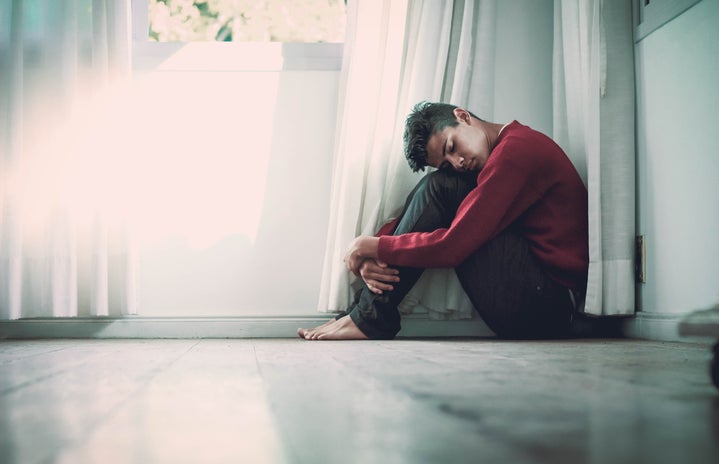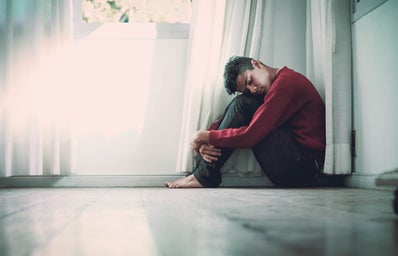” come-on , be a man ! “
” you’re a man, you have to be strong “
” men don’t cry “
” being soft doesn’t suits men “
these … statements sound familiar, right? We all might have either heard them firsthand or would’ve witnessed someone we know get to hear this frequently from their family, friends, society… or any random fellow…
Men’s mental health is often overlooked and neglected in the name of fulfilling the unrealistic and outdated standards of masculinity imposed by the society. Many men struggle to cope with their emotions, stress, trauma, and challenges in life, but they are expected to be strong, stoic, and silent. They are discouraged from seeking help, expressing their feelings, or showing any signs of vulnerability. This can have serious consequences for their well-being, relationships, and happiness.
In this article, I want to shed some light on how life is tough for men too and that they deserve compassion, support, and care. I want to challenge the stereotypes and stigma that prevent men from taking care of their mental health and accessing the resources they need. I want to encourage men to embrace their emotions, share their struggles, and seek help when they need it. I want to remind men that they are not alone, that they are not weak, and that they are allowed to feel too.
Some of the common issues that affect men’s mental health are:
- Pressure to conform to gender norms: Men are often socialized to be competitive, aggressive, dominant, and independent. They are taught to suppress their emotions, avoid crying, and never show fear or pain. They are told to be breadwinners, providers, and protectors. They are judged by their achievements, status, and wealth. These expectations can create a lot of stress, anxiety, and insecurity for men who feel that they have to live up to them or risk being seen as failures or less than men.
- Lack of emotional support: Men are less likely than women to have close friends or confidants who they can talk to about their problems or feelings. They may also face more barriers to accessing professional help, such as stigma, cost, availability, or lack of awareness. Many men may feel ashamed or embarrassed to admit that they have a mental health issue or that they need help. They may fear being labeled as weak, crazy, or unmanly. They may also worry about losing their respect, reputation, or relationships if they open up about their mental health.
- Higher risk of substance abuse and suicide: Men are more likely than women to use alcohol or drugs as a way of coping with their emotions or stress. They may also engage in other risky behaviors such as gambling, violence, or reckless driving. These behaviors can worsen their mental health and lead to addiction, legal problems, or physical harm. Men are also more likely than women to die by suicide. According to the World Health Organization (WHO), suicide is the second leading cause of death among 15-29 year old men worldwide. Many men who die by suicide may not have been diagnosed with a mental health disorder or may not have sought help before taking their own lives.
But men are human beings too, and they have the right to express their emotions and seek help when they need it. They are not robots or machines that can function without any care or support. They are not disposable or replaceable. They are valuable and worthy of respect and compassion.
That’s why we need to change the way we view and treat men’s mental health. We need to create a culture where men can feel safe and comfortable to talk about their issues and challenges, without being judged or ridiculed. We need to provide them with the resources and services they need to cope and heal. We need to encourage them to take care of themselves and their well-being, not just their work and responsibilities.
We need to tell them that it’s okay to feel, to cry, to ask for help, to be vulnerable. We need to tell them that they are not alone, that they are loved, that they matter. We need to tell them that they can take one day at a time and that they don’t have to carry the weight of the world on their shoulders all the time.
we need to normalize men opening up about their fears and vulnerable sides without any second thoughts about judgments and shame.


